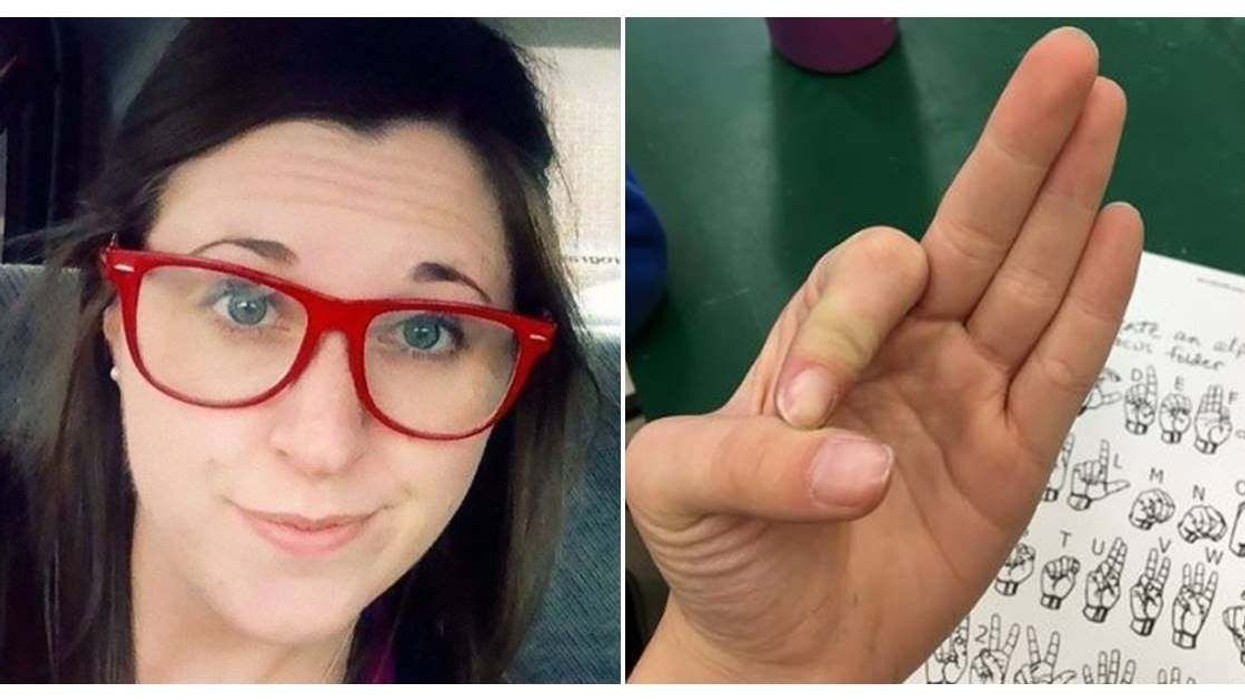A Glimpse at the Future of Journalism
What will the news look like after the newspapers disappear? Journalists and analysts are once again thrashing around, tearing out their hair, spilling ink, and burning pixels over the fate of newspaper publishing. The latest catalyst: the bankruptcy of the Tribune Corporation. It's no secret that the..
By Cliff Kuang,
Cliff Kuang
Atley Kasky









